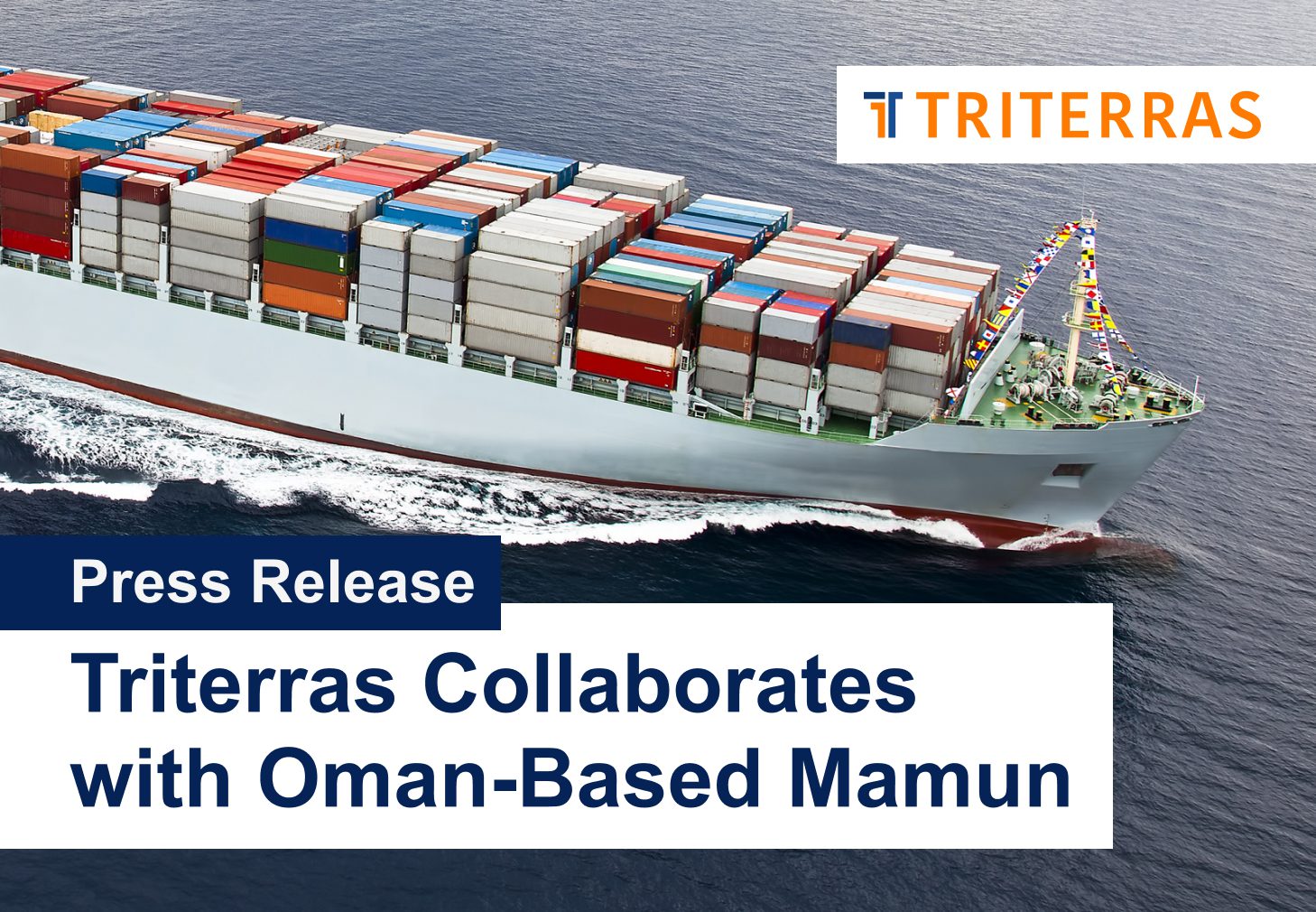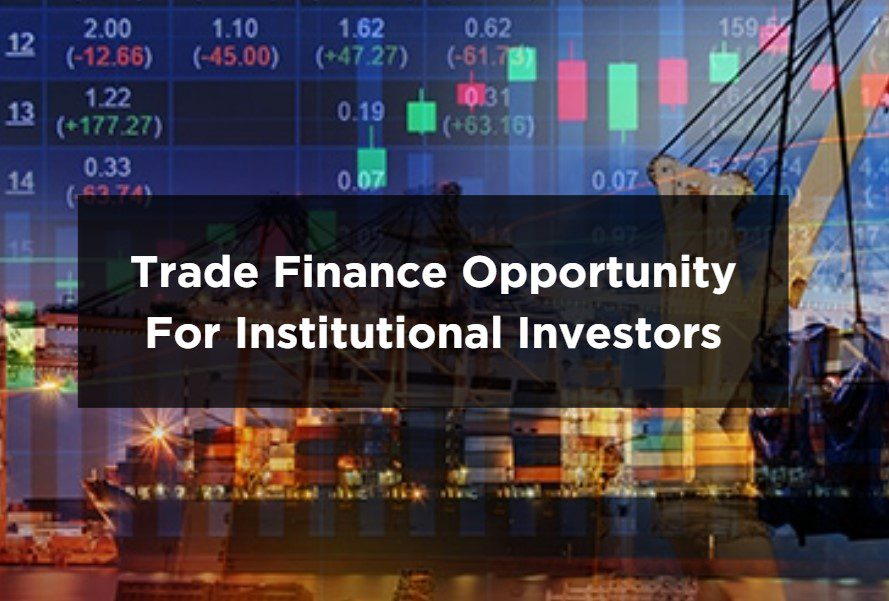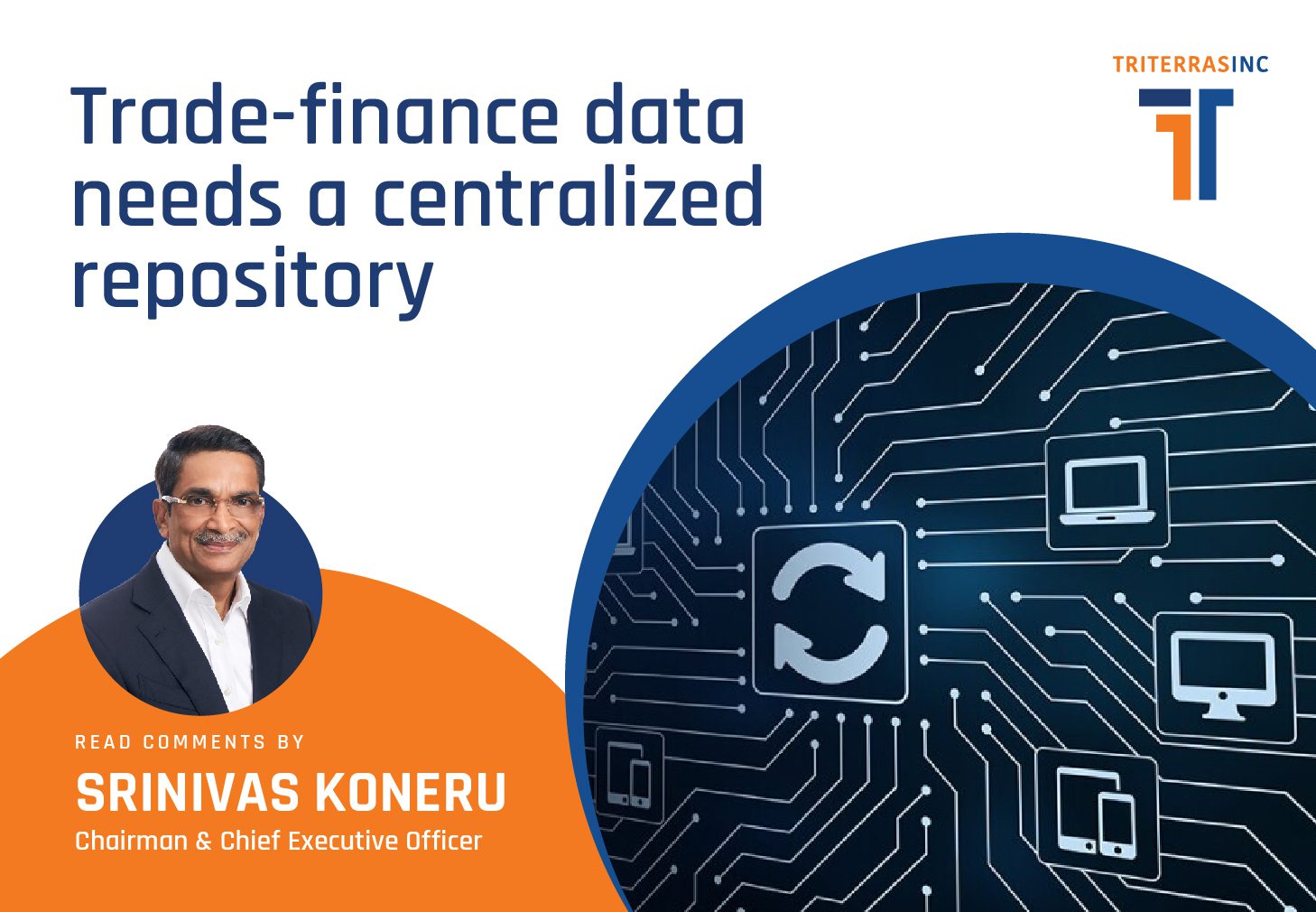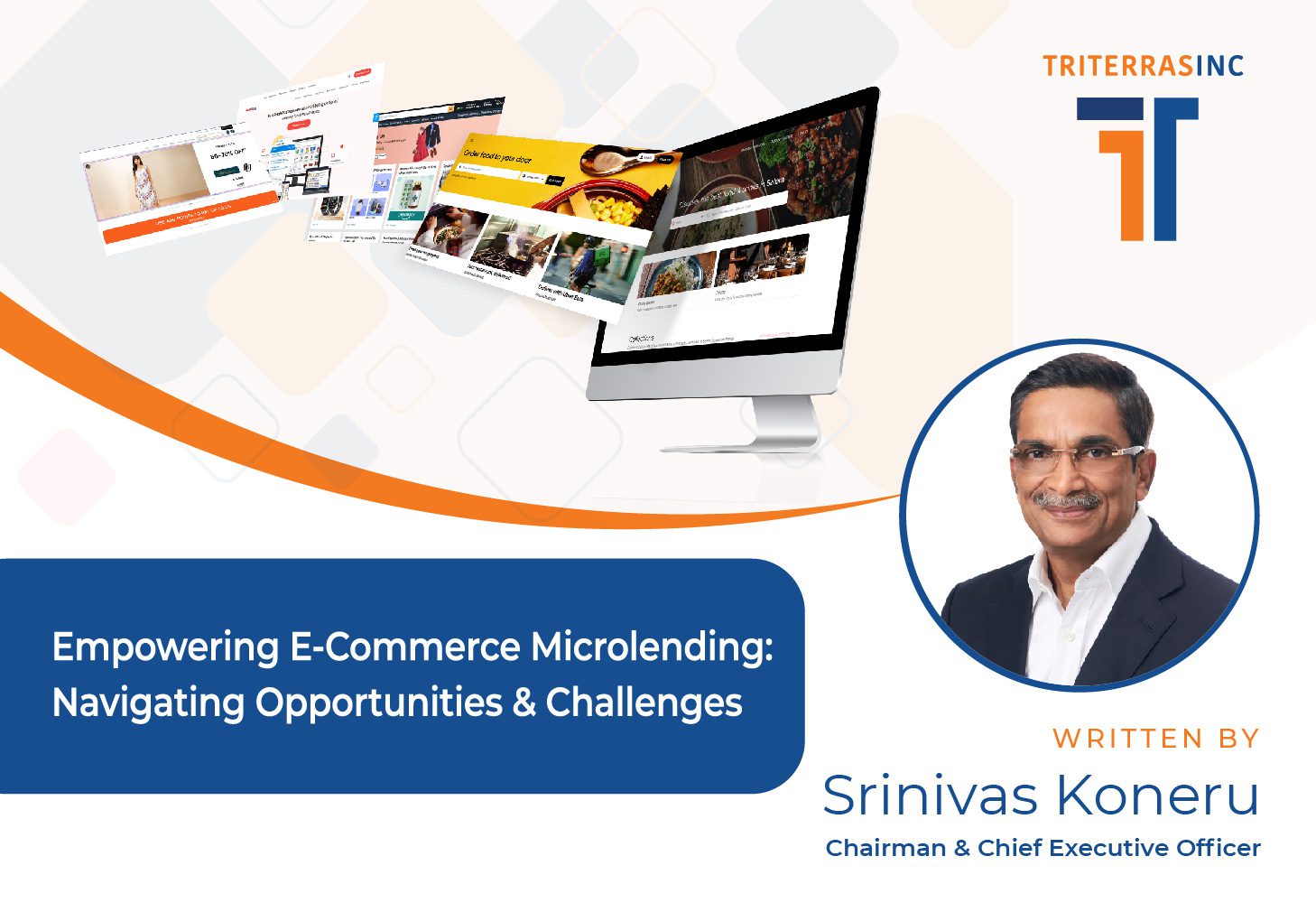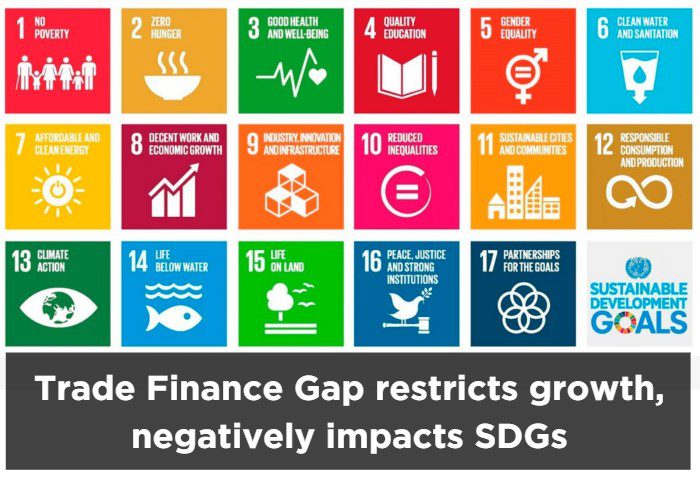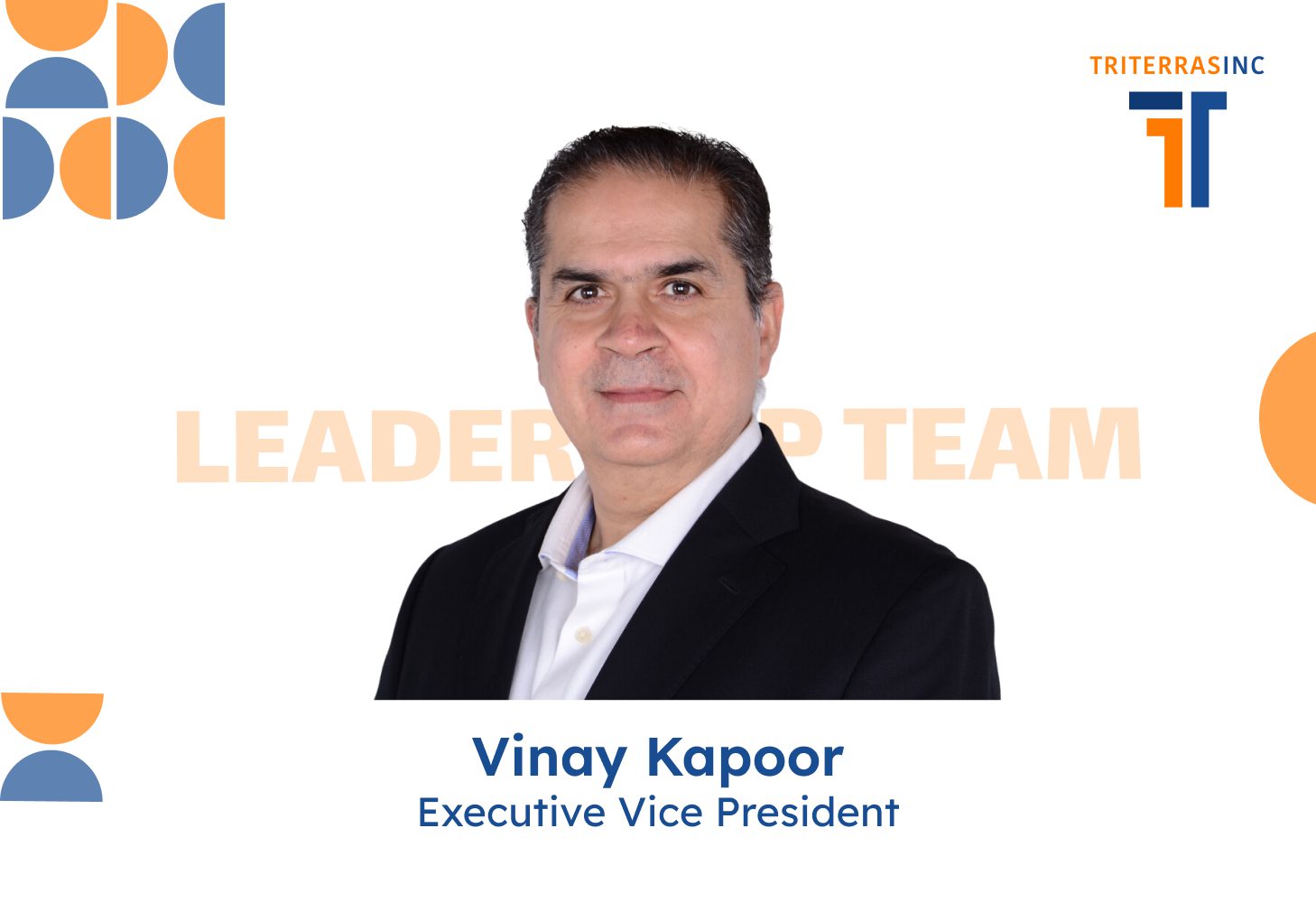When we talk of a business organization’s geographic expansion, we usually think of foraying into and establishing a foothold for boosting sales in new and distant markets separated by state, national or international borders. However, with the globalization of operations, the geographic expansion of a business enterprise has come to mean many things not solely related to sales and marketing. For instance, a US business might set up its production center in China, customer support call center in the Philippines, material sourcing center in Africa, and transport and logistics hub in Panama without any intention of marketing or selling its products in those territories. All of these come under the geographic expansion of business because the core issues pertaining to increasing geographic footprints and the implications of managing such operations in separate territories remain the same. The why of the proposed expansion defines the how of it.
The need for expansion can come from three angles in the modern and digital world. The first is from the internal decision of a business to explore and expand into a new territory whose market analysis indicates a high likelihood of positive outcomes. The second happens when in an established sales market for your business, a change in laws requires the local presence of physical operations and service centers to safeguard the ongoing sales. The third is when steady and increasing demand in a particular territory makes it more advisable and lucrative to have a local presence, direct operations, and service centers within that territory than operating or working through intermediaries or strategic partners.
When planning a geographic expansion, first, you should do a SWOT analysis of your business venture and compare the results with the market analysis and intelligence gathered about your competitors. It would help if you also delineated both opportunities and threats. If you find the expansion viable after considering your resources and the competitive landscape, you need to plan out legal compliance, finance transaction pipelines, taxation issues, transport, storage and delivery, budget, and tie-ups. Sometimes, one of the easiest ways to foray into a new market may be through mergers with or acquisitions of local players. This move can get your company a ready establishment and trained staff on board, increasing the chances of success. If you follow this line, you’ll also need to assess other business entities that fit your geographic expansion plans.
In all these instances, the most important things for a business enterprise to consider are legalities, logistics, cross-border financial operations, and local cultural adaptations. In today’s digital age, you don’t always need marketing and sales centers located in new territories, but you should have locally optimized marketing and sales strategies and promotion. You can sell products through your website and e-commerce portals, which are not subject to passports or visas. In fact, many big e-commerce sites serve up different promotional content based on the visitor’s IP or geographic location. With today’s internet-assisted marketing, targeting geographically remote markets starts long before deciding to expand physical presence.
However, for the customers to be served on the ground, you must pay local taxes and duties, complete legal formalities, and arrange delivery and customer service. You can do that yourself or by hiring local consultants and staff, or you can tie up with intermediaries or specialized service providers to do that for you. Furthermore, it would be best if you considered the local cultural ethos and conditioning to enable you to devise effective and efficient marketing strategies. These are the things you need to do for the geographic expansion of your business, considering you’ve already done your market and other research, which says your move is feasible and logical.








